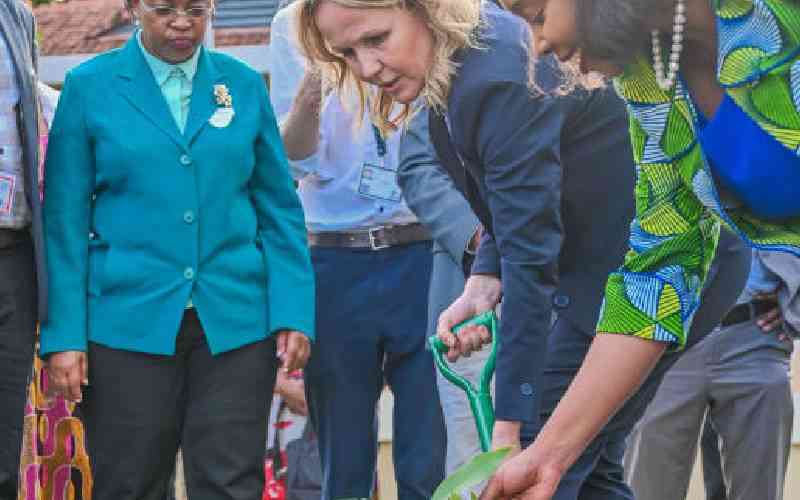×
The Standard e-Paper
Join Thousands Daily

A forestry research organisation has launched a climate initiative to enhance the availability of high-quality native tree seeds across several African countries.
The "Right Tree, Right Place: Seed Project", which was launched at ICRAF, Nairobi, will be implemented by Kenya, Uganda, Ethiopia, Rwanda and Burkina Faso and aims to advance African land restoration goals.